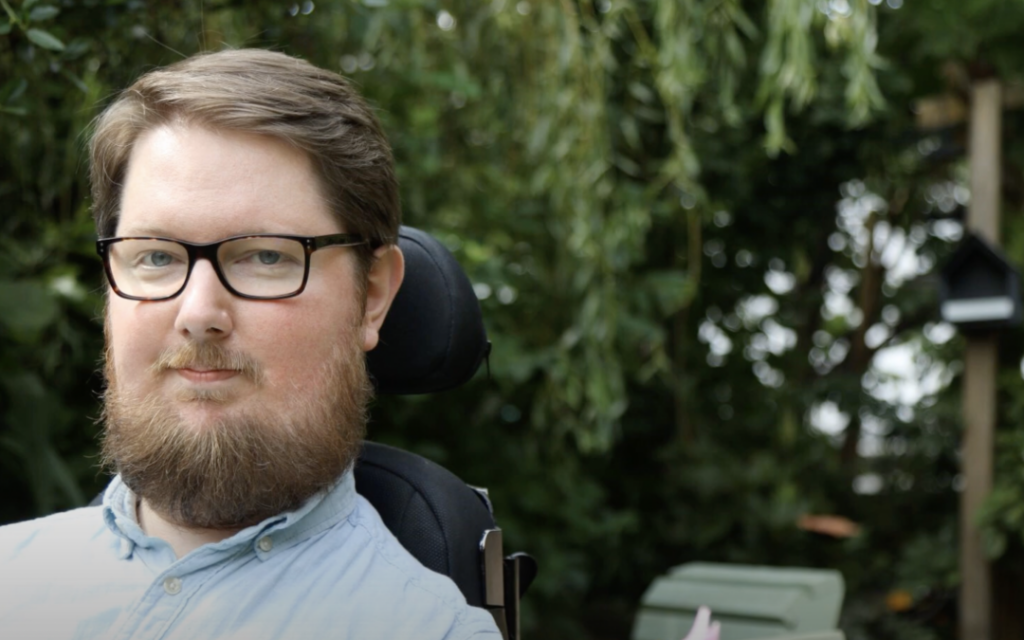Scotland’s First Minister Nicola Sturgeon has been urged by a by a campaign group to reconsider plans on assisted dying put before the Scottish Parliament.
Speaking at a press conference this week, Ms Sturgeon said she has not arrived at a final view on proposals to allow doctor-assisted suicide in Scotland brought forward by a Lib Dem MSP.
Questioning whether there can be sufficient safeguards to prevent abuse, she said: “My views are not yet finalised on the legislation. I think, like many people I find it a very difficult issue”.

Campaign group Better Way – a group of disability rights activists, academics, medics, and others who oppose assisted suicide – have written to the First Minister.
The letter which is signed off by Dr Miro Griffiths, the group spokesman says: “It is reassuring to know that you are engaging carefully with the issue of ‘assisted dying’ before it is considered at Holyrood again.
“As individuals with expert knowledge of this issue, we ask you to continue to oppose a change in the law.
“You rightly note that safeguards are a key focus in the debate surrounding this legislation, and we would stress the inefficacy of ‘safeguards’ in every jurisdiction that has pursued assisted suicide or euthanasia.
“The US National Council on Disability states that when assisted suicide is legal:
‘…some people’s lives, particularly those of people with disabilities, will be ended without their fully informed or free consent, through mistakes, abuse, insufficient knowledge, and the unjust lack of better options. No safeguards have ever been enacted or proposed that can prevent this outcome.’
“Failings and abuses under ‘assisted dying’ laws are intrinsically linked to people who already face inequalities of various kinds: lonely elderly people; people with poor mental health; the disabled people’s community; people facing poverty; isolated communities.
“The practice compounds and exacerbates injustice and we know that your government is committed to upholding the safety, dignity and equality of Scottish citizens and the legislation in question threatens this aim.
“The current, compassionate approach to end-of-life care does not, by comparison, carry this threat.
“The troubling expansion of ‘assisted dying’ laws in other jurisdictions is another significant concern.
“This often arises from legal action designed to widen eligibility criteria.
“No matter how well-intended and narrow Scottish legislation is, guarantees about its future shape cannot be given.
“In Canada, we are seeing the rapid expansion of laws play out.
“Chilling reports have emerged of disabled people trying to access services and being encouraged, whilst doing so, to consider ‘Medical Aid in Dying’.
“Societal attitudes to disabled people have been negatively affected.
“We would also emphasise the strong opposition to assisted suicide among palliative care doctors, psychiatrists and others who have expert professional knowledge of its likely impact.
“It is notable that the people with expert knowledge about end-of-life issues are most opposed to change.
“With proposals of the kind shortly to be considered at Holyrood, there is no room for error or uncertainty.
“Yet, experts in medicine, disability, suicide prevention, law and policy, and other fields continue to warn that ‘assisted dying’ is unsafe, unpredictable, and unethical.
“We urge you to side with vulnerable and marginalised Scots and maintain your opposition to this practice.
“We are confident Scotland can articulate a better way forward in this area. Our campaign is open to discussions with you, and other MSPs, and hope for dialogue about threats to marginalised and oppressed communities.”
